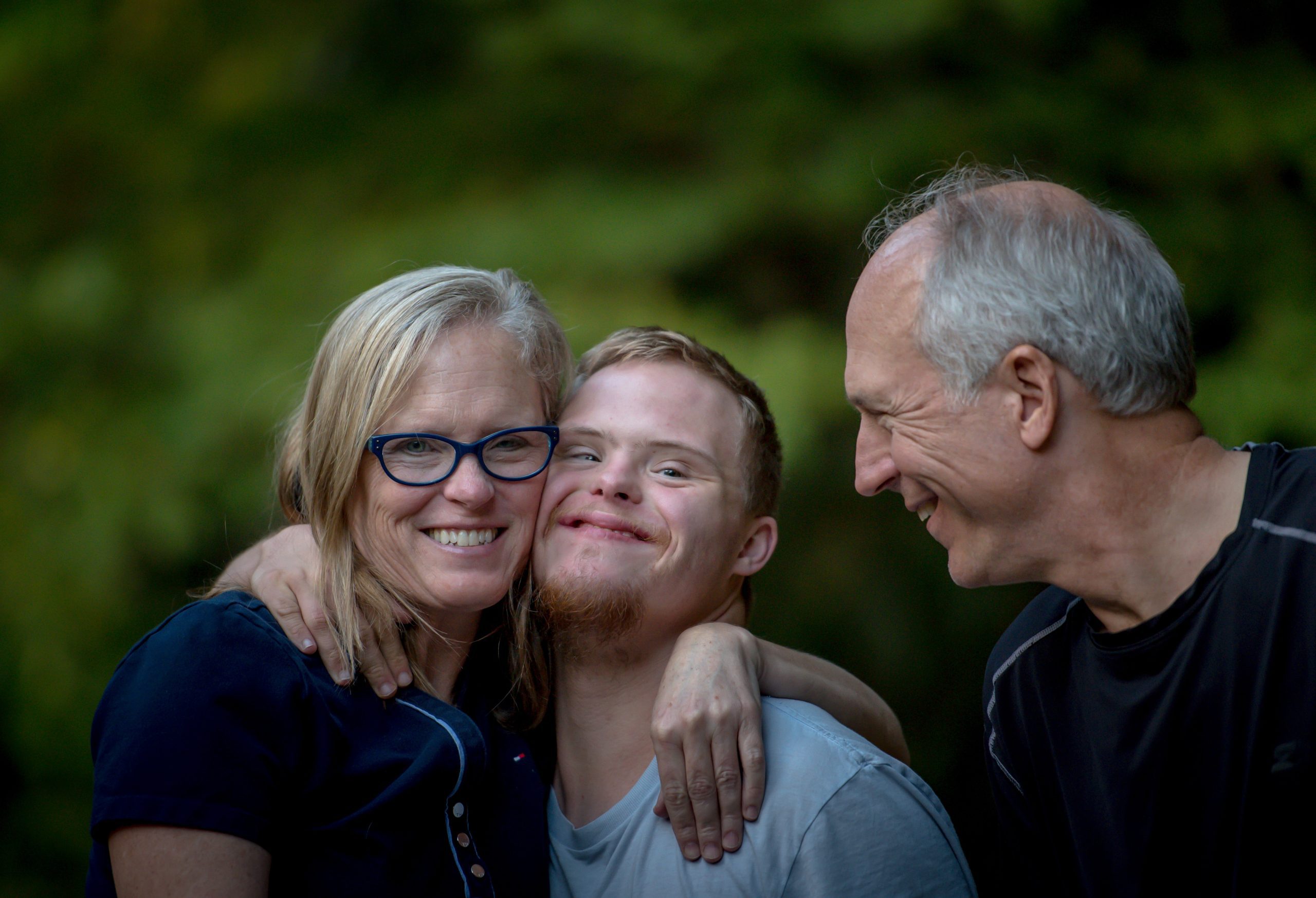Mise en place. It is a culinary term to have everything in place for setting up a dish. All the ingredients are in the right quantities and prepared. Spices are set aside already measured and set to go. Because once the heat gets applied, those chemical reactions are going to happen and things won’t wait because you forgot to stock enough turmeric or dice the onions ahead of time. Every celebrity chef you see on TV has everything set and ready to run so they can focus on the actual cooking or baking of the dish.
The past several highlights of professions in this blog series all have a part in assisting a person supported with their mental health. In this scenario, assume the person lives in a group home setting. They went to see the psychiatrist or their PCP and was given a medication for anxiety. We have to be able to figure out how to determine how well the med is working to treat anxiety. Otherwise, that person may end up with ongoing anxiety and/or side effects from the medication that no one would want.
The first step is the person supported has to be on board with this plan. They agree to the medication and a consent form is signed explaining what the med does, why they are taking it, side effects, and a reminder of the option of not taking it. If they can state how things are going in the weeks ahead, it will help determine how well the med is working or not working.
 The next piece in place is the overall care team. The house manager, registered nurse, and behavioral specialist all gather to set aside a plan of action and work on their respective parts. All different, but equally important. The RN will review the medication and take assessment on their current baseline of tics and tremors – tardive dyskinesia. This is a common but debilitative side effect of psych meds. The behavioral specialist will review what the person’s anxiety presents as in a way that it can be quantitatively documented. “When this person is very anxious, they will hide away in their room and not come down for dinner.” Staff would be directed to mark down each day if the person ate dinner. Now we have something to count. If the first month was 20 days of skipping dinner and the following month, it goes down to 10, it could be a sign the med is working. The manager will review with staff to see how things are going overall and help ensure the behavioral data is being tracked.
The next piece in place is the overall care team. The house manager, registered nurse, and behavioral specialist all gather to set aside a plan of action and work on their respective parts. All different, but equally important. The RN will review the medication and take assessment on their current baseline of tics and tremors – tardive dyskinesia. This is a common but debilitative side effect of psych meds. The behavioral specialist will review what the person’s anxiety presents as in a way that it can be quantitatively documented. “When this person is very anxious, they will hide away in their room and not come down for dinner.” Staff would be directed to mark down each day if the person ate dinner. Now we have something to count. If the first month was 20 days of skipping dinner and the following month, it goes down to 10, it could be a sign the med is working. The manager will review with staff to see how things are going overall and help ensure the behavioral data is being tracked.
Just like cooking, things are not going to always go the way as planned. But because things are in place, response can be quick. If the manager notes that things are getting worse, they can contact nursing and behavior staff to review. The manager is only one person and would rely on the day-to-day staff that work with the person supported directly. Or maybe they help discover another part that is helping or making things worse. “Anxiety seems worse because peer X is calling them names.” The team can discourage the other peer and/or help develop coping skills to ignore the peer.
Then we have other parties involved like transport drivers, friends, family, program staff, the gas station attendant they see nearly daily because they walk over to get coffee. All of them are like little flavors that blend together and affect the person’s life. Getting news like a call from mom telling us her son is much happier is really useful. And if hanging out with certain people helps with the anxiety, all the better. Residential can make things happen. Mom can’t drive around as well. We can drop the person off at mom’s house and pick them up.
It’s like making soup. Add the veggies, add the broth, cook it high or low. Add spices. Taste the dish and add more spices. Balance the sweet and sour together. It takes a whole team in place to help make the best possible outcome and includes nearly every single person they come in contact with, no matter the mental health condition.
Dan JaFolla is an LPN at The Arc of Monroe. To connect with Dan, email him at djafolla@arcmonroe.org.
We hope this blog is helpful to you! Our Health Services team at The Arc of Monroe is a wealth of information. Our staff is made up of experienced professionals who primarily support people with disabilities. To learn more about who they are, visit our Health Services page. If you’re interested in working with us at The Arc of Monroe, visit our careers page. If you’d like to give and help make valuable resources like this possible, you can give online.
